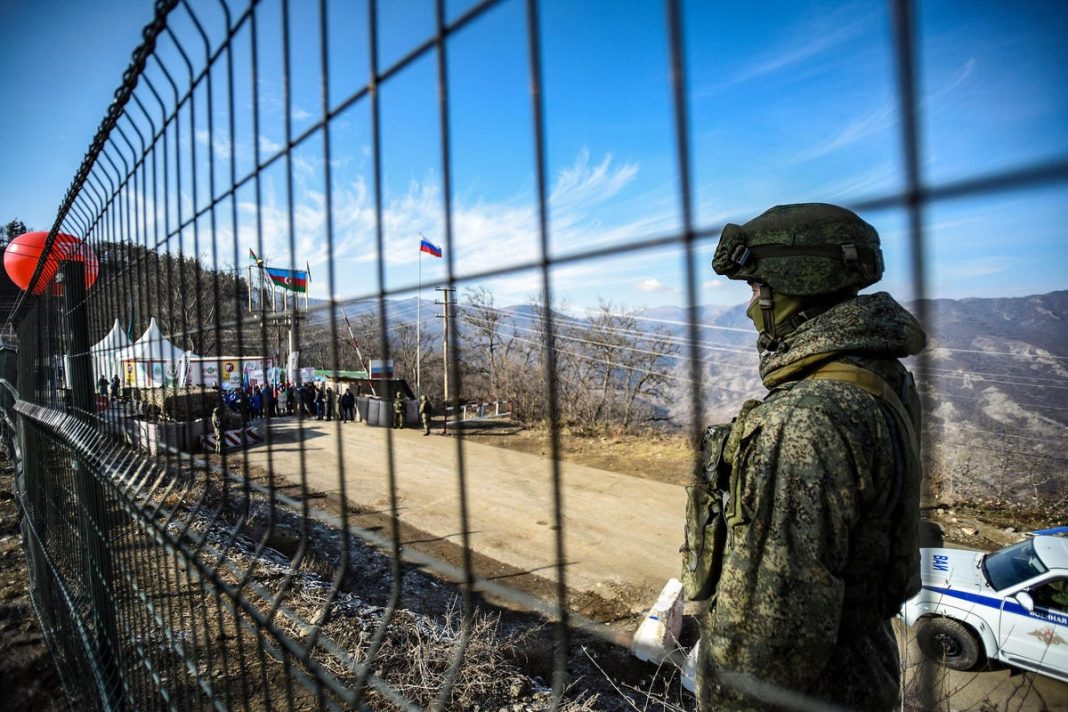The corridor is a part of Azerbaijan clawed back from Armenians in 2020 in a six-week intensification of a decades-old conflict between the post-Soviet foes.
It has been picketed since mid-December by Azerbaijan’s environmental activists demanding Armenia stop mining gold and copper-molybdenum deposits in Karabakh, which officials in Baku claim Armenians are exporting illegally.
Armenia accuses the activists of acting with official Azerbaijani support. Baku officials deny they are behind the campaign.
In its Wednesday ruling, the International Court of Justice cited “shortages of food, medicines, and other life-saving medical supplies” that effectively deprived ethnic Armenians in the area of crucial care.
Baku must “take all measures at its disposal to ensure the unimpeded movement of persons, vehicles, and cargo along the Lachin Corridor in both directions,” the court said.
The court, however, rejected Armenia’s request for an order for Baku not to block gas supplies to Karabakh. According to the court, Yerevan lawyers did not provide enough evidence to back their claim that Azerbaijan was disrupting those supplies.
The court also declined a request by Baku for an order to stop or prevent Armenia from laying landmines and booby traps in areas of the region to which Azerbaijani citizens are to return.
The Azerbaijani and Armenian leaders stated after a meeting at the Munich Security Conference on February 18 that some progress had been made toward peace between their two Caucasus nations, but they made clear that much work still needed to be done.
Karabakh is internationally recognized as part of Azerbaijan, but it has been populated by ethnic Armenians since 1988 when they seceded, triggering a war which forced up to one million Azerbaijanis to flee their homes.
In 2020, the second Karabakh broke out, killing more than 6,500 people during a six-week conflict. The war ended with a Russian-brokered deal that saw Yerevan cede swathes of the Azerbaijani territory that it had been occupying for several decades.
